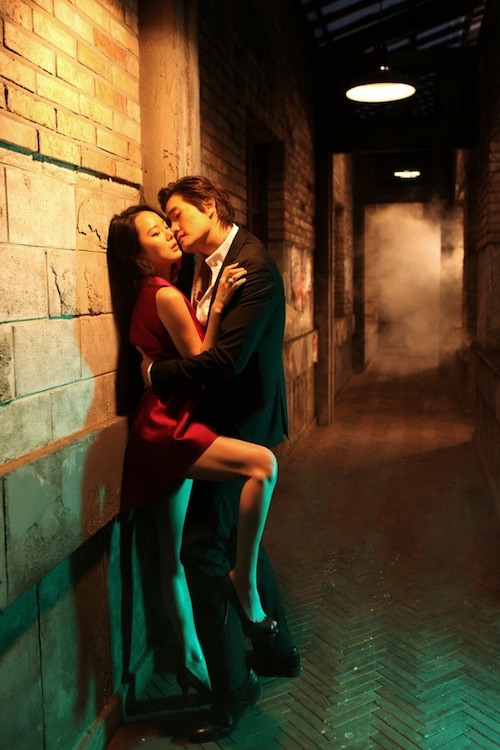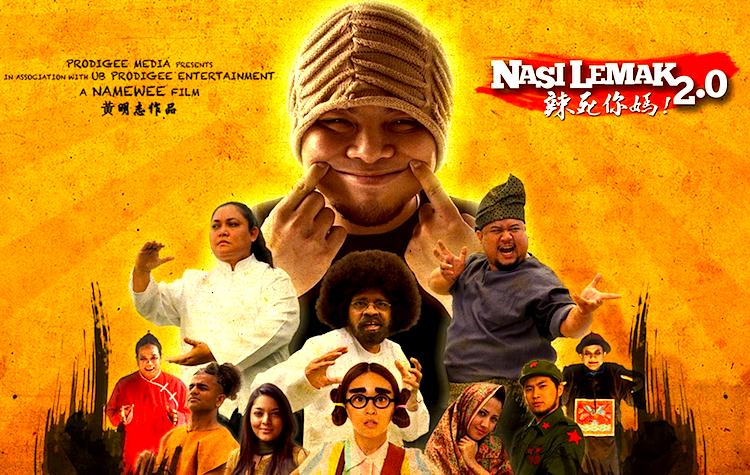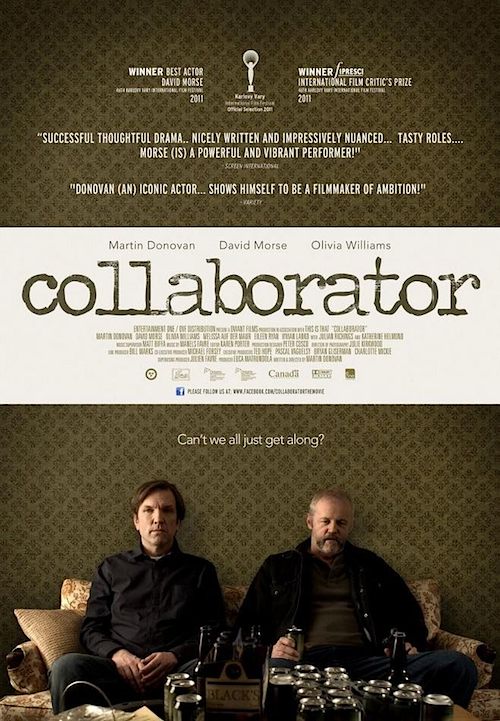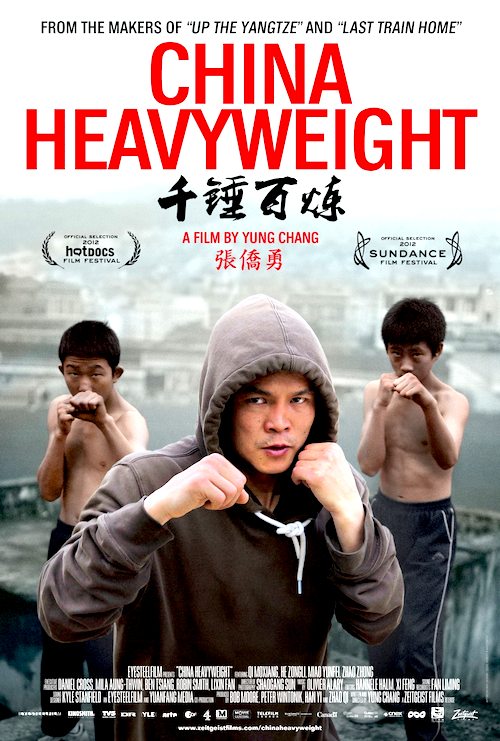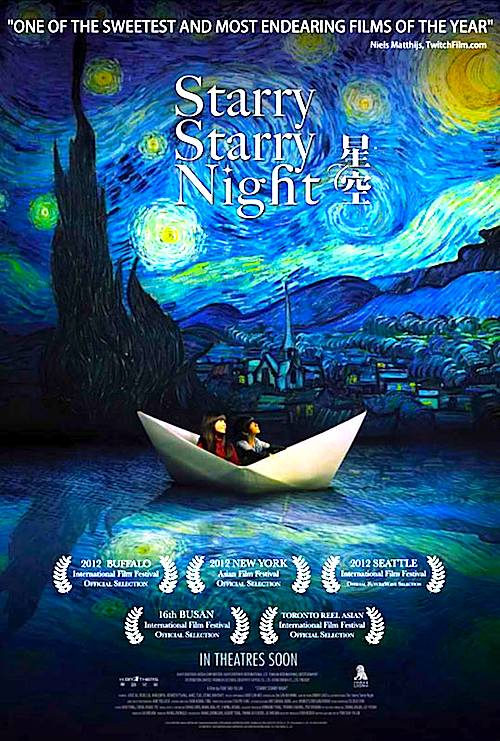
By Joe Bendel. It feels like the 1970’s again, in a good way. Strutting through the streets of Shimonoseki in a leather coat, slapping about petty thugs like little girls, while some funky soul-jazz s chugs away in the background, Gu Su-yeon’s latest film certainly follows in the tradition of vintage 70’s era exploitation films. Yet Gu’s story of life amid the zainichi underworld is reportedly based on real life experience. His alter-ego namesake should definitely be considered an anti-hero throughout Gu’s Hard Romanticker (trailer here), which screens as a co-presentation of the 2012 Japan Cuts and New York Asian film festivals.
Bleached-blond Gu is a lone wolf freelancer, who treats the North Korean gangs with the contempt they deserve. He enjoys the limited protection of his childhood friend Shoji, who has risen up through the ranks of the legit Yakuza. However, when a couple of knuckleheads bludgeon to death the grandmother of an up-and-coming NK delinquent (supposedly with Gu’s encouragement), it ignites a war among street gangs that threatens to engulf the unaligned Gu. With a crooked cop dogging his trail and his pal Shoji playing a dangerous game with the boss’s wife, Shoji is in for a rocky patch. Of course, that does not stop him from making enemies among mobbed-up lowlifes or putting the moves on the ostensibly demur Naksuko Chieko.
Romanticker might be intended as a cautionary confessional, but its pure testosterone and adrenaline will key-up viewers to the point many will be ready to grab a length of rebar and jump into the fray. If you want to see some spectacularly violent street fights, than this is the movie for you. Yet, despite the wardrobe, attitude, and greasy soundtrack, Gu is no Shaft. Frankly, there is a decidedly mean-spirited misogyny to the film that Gu the character explicitly contributes to.

An electric presence, Shôta Matsuda is all kinds of intense as the hardnosed Gu. Sei Ashina looks great in Chieko’s sailor suit and she is quite affecting in her big dramatic scenes, almost completely undercutting viewer sympathy for the ethically challenged protagonist, as a result. While the large ensemble of juvenile delinquents does not look particularly youthful, they are all pretty convincing when either giving or receiving a massive beatdown.
In Hard Romanticker’s world, life is cheap and sex is cheaper. The action and attitude are highly cinematic, but the nihilism becomes a tad exhausting over time. Recommended specifically for those who enjoy hardcore blaxploitation or Yakuza films, Hard Romanticker screens this Friday (7/13) at the Japan Society as a joint presentation of the 2012 editions of Japan Cuts and the New York Asian Film Festival.
LFM GRADE: B-
Posted on July 11th, 2012 at 2:57pm.
